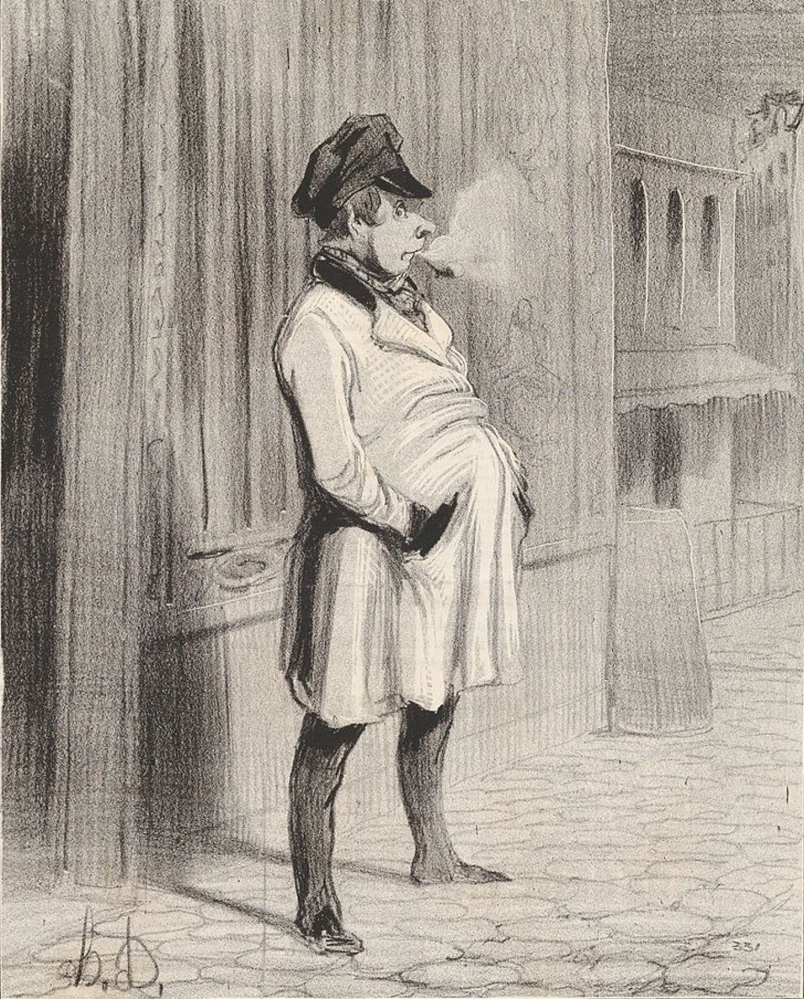One of the many memorable aphorisms in Sir Percy Scholes’ great “Oxford Companion to Music” is his definition of applause: “The custom of showing one’s pleasure at beautiful music by immediately following it with an ugly noise…”
There are other ways. At the Paul Winter class that I described in my last column, he more gently suggested the same thing – why follow a beautiful sound with an ugly one? Instead, he recommended an African custom of rubbing the palms of the hands together.
Our soft palms (I was going to use the word “effete”) didn’t produce much volume, but Winter pointed out that the calloused hands of workmen produce a gentle susurration like white noise.
Applause is as old as public performance, being popular in both Greece and ancient Egypt and turned into an art by Rome. When deprived of its emotional release, as most recently in churches, audiences turn to strange alternatives like sneezing or blowing one’s nose. Humming is also popular, or sobbing, as at the end of “La Boheme” or “Madame Butterfly.” Coughing, on the other hand, is regarded as evidence of boredom and Rachmaninoff used to cut short his performances of “Variations on a Theme of Corelli” when coughs cropped up too often.
Over the ages, applause has acquired a language and set of rituals all its own, many of which can be observed at concerts here in Maine. For example, there is the practice of not applauding between the movements of a symphony or between works in a set. Anyone who does so is likely to be rewarded with amused stares from the cognoscenti, but the practice originated quite recently in upper-class or snobbish British musical circles.
Before that time it was customary to applaud anything one thought admirable, either between movements, which were sometimes repeated if the applause was loud enough, or during the piece itself – particularly true of opera.
Roman politicians used to send their equivalent of PR men into the forum to gauge the popularity of rivals by noting the type and duration of applause. We have our own scale of measurement. It ranges from dead silence through mild meeting of the fingertips, flat-handed clapping (known as the brick), cupped hands, thunder, bravos, whistles, screams, standing up and applauding with hands over the head, and at Deertrees Theater and some other venues, stamping on the floor. The type is multiplied by the duration to measure popularity.
Some audiences are harder to please than others. Those at the Bowdoin International Music Festival, with its 80-some concerts during the month of July, are notoriously difficult, while those of the Portland Symphony Orchestra are lavish with standing ovations. Some cynics find this a faster way to get to the car, giving birth to the phrase “crouching ovation” – applauding while one is edging toward the exit.
It is strange that there seems to be, in the United States at least, no equivalent way of expressing displeasure. A loud, very slow clap does express sardonic disdain, but we have no flower girls passing out rotten tomatoes or oranges, as they once did at the Italian opera. We don’t even hiss, let alone send the composer to the gulag.
If I had been producing Daniel Sonenberg’s baseball opera, “The Summer King,” last month, I would have “papered” Merrill Auditorium with paid or free-admittance throngs to cheer loudly after every aria. The practice of using claques seems almost illegal nowadays, but paid applause was the rule at the Metropolitan Opera until the 1960s, especially at the broadcast Saturday matinées.
I suspect that Winter is fighting a losing battle. The need to clap hands seems carried in our genes. Even babies do it when delighted. Would that our own reactions could be more spontaneous than culturally conditioned.
Christopher Hyde is a writer and musician who lives in Pownal. Contact him at
classbeat@netscape.net
Send questions/comments to the editors.



Success. Please wait for the page to reload. If the page does not reload within 5 seconds, please refresh the page.
Enter your email and password to access comments.
Hi, to comment on stories you must . This profile is in addition to your subscription and website login.
Already have a commenting profile? .
Invalid username/password.
Please check your email to confirm and complete your registration.
Only subscribers are eligible to post comments. Please subscribe or login first for digital access. Here’s why.
Use the form below to reset your password. When you've submitted your account email, we will send an email with a reset code.